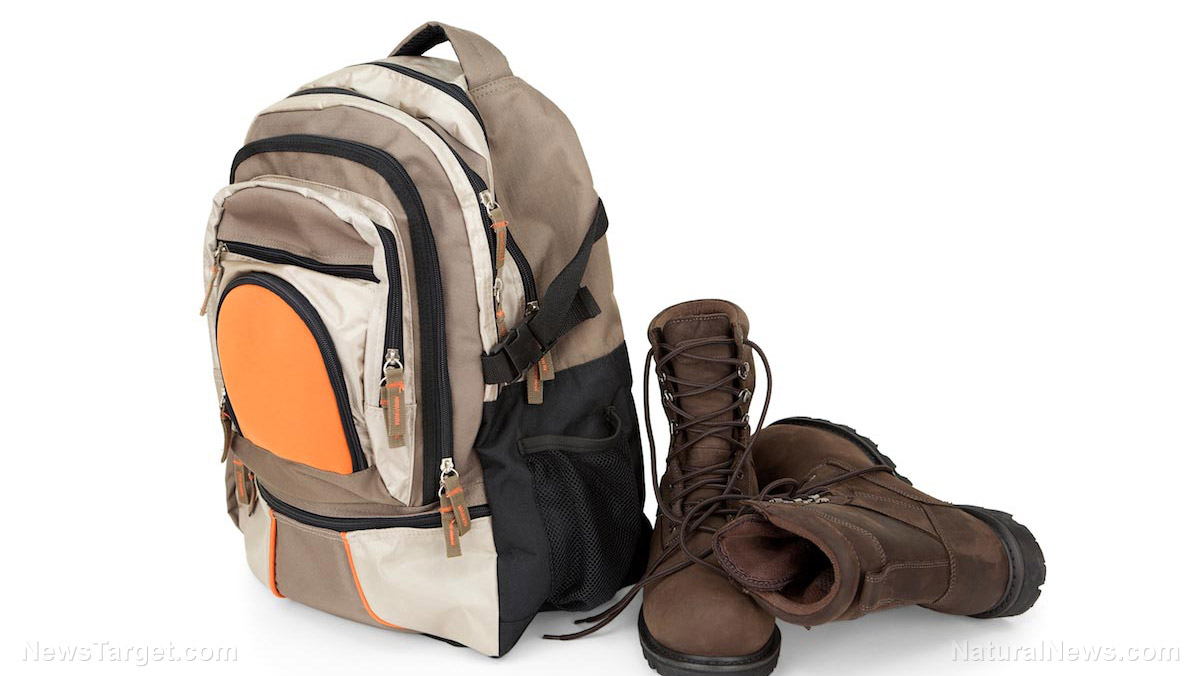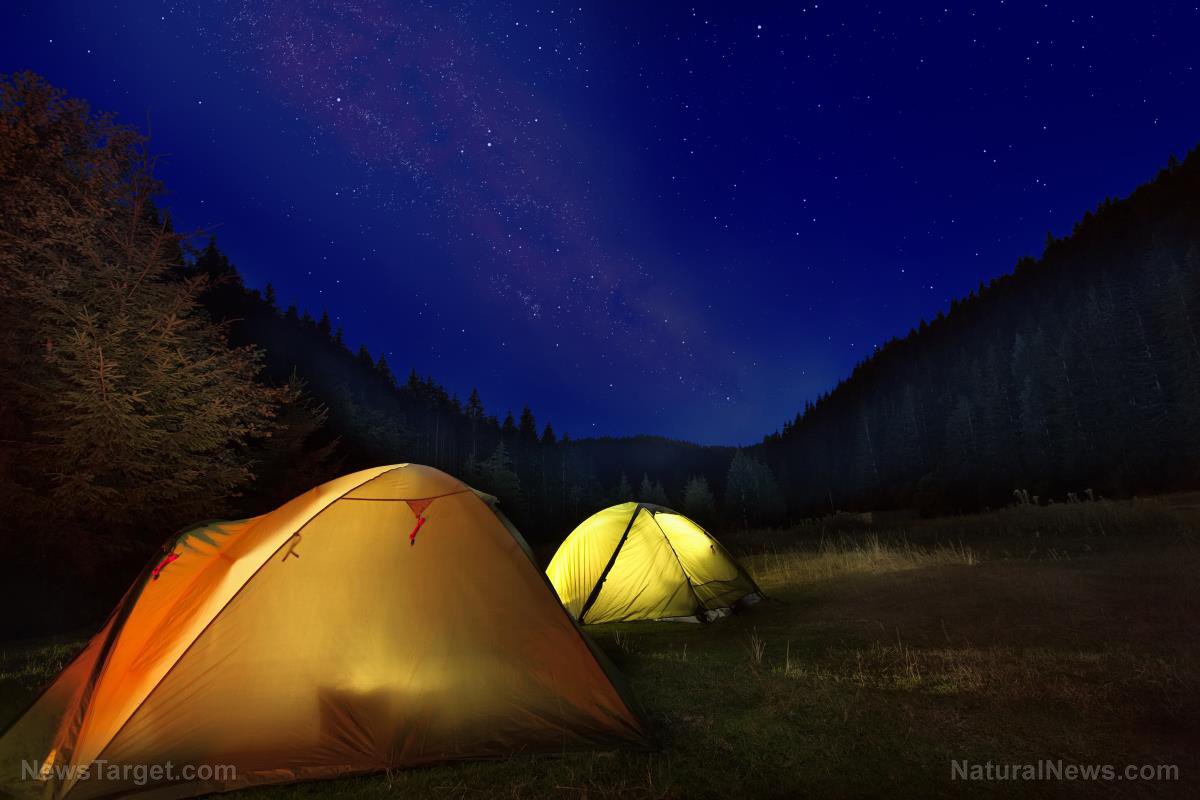Hiking, backpacking, hydration: Tips for selecting the best pack for your needs
01/17/2018 // Rita Winters // Views
Tags: backpacking, best backpacks, hiking, hiking backpack, hydration pack, preparedness, prepping, survival backpack, survival gear, survivalist

- How much can I carry? A backpack's capacity determines how much stuff you can bring. Oftentimes, the gear you bring is determined by the length of your trip and where you'll be going. The stuff you need to bring on a hiking trip differs greatly from a trip to the beach. But take note – the bigger the backpack is, the heavier it usually is by itself. If you're not that strong or are a newbie hiker, you might not be able to carry the already heavy backpack with gear inside. Think of the backpack as an extension of your body – like a turtle shell – where you keep all the things you need. Make sure that the weight of the backpack doesn't undermine your ability to walk long lengths. For reference, the best backpacks weigh two to five pounds. Beginners should have backpacks closer to two pounds, while advanced outdoorsmen typically use five-pound backpacks. (Related: Guidelines for choosing clothing and accessories for any survival situation.)
- How long can it last? Durability is something you'd also want to consider. Usually, the more durable a backpack is, the more expensive it is. Backpacks that are priced under $100 are usually less durable than $200 backpacks, but this doesn't mean you should go for the more expensive one. A $100 backpack may be what you need. Check for loose and single stitching, poor material quality, and weak joints (where straps are connected to the main material). The best backpacks around have double stitching, make use of high-grade and lightweight materials, and strong straps that can take the weight of whatever you're bringing. Newer backpacks have hidden stitching for a more ergonomic feel, so use your best judgment when checking the seams.
- Is it water-resistant? If you're carrying a lot of electronic gear – cameras, smartphones, battery packs – you will want to consider getting a backpack that can repel water as much as possible. These include materials such as nylon, Cuben fiber, and polyester. Avoid backpacks that have pockets or straps made of cotton – these are highly absorbent, and the excess water will only slow you down, and furthermore, may cause damage to your electronic gear inside.
- Is it safe from thieves? Some backpacks have exposed zippers that can easily be opened by people with evil intentions. Choose backpacks that have hidden zippers, or have a security feature that keeps your things locked inside. High-quality bags have zippers that close all the way through, as well as sturdy material that doesn't tear easily (from slashing). You'd also want to consider getting a backpack with an inside pocket for valuables such as passports, money, credit cards, and cellphones. As an extra measure, consider getting a small padlock for your backpack to demotivate a thief from grabbing the whole bag.
- Will I be comfortable wearing it? Many people forget to make this consideration when buying a backpack. When selecting a backpack, make sure it fits you right, just as mentioned above, as if it's part of your body. While test-wearing the backpack, check if there are straps or parts of the bag that are uncomfortably poking your body. You'd want to avoid such bags, because the more weight it carries, the more the prodding part pushes on your body, causing discomfort and, at times, unwanted injuries.
- Can it keep up with my hydration needs? Hiking backpacks typically have three- to six-liter water packs for convenient rehydration. Again, the more it can hold, the heavier it is. If your backpack is already at five pounds, another six liters of drinking water may literally bring you down.
For more tips on backpacking, hiking, and survival gear, check out GEAR.news.
Sources include:
Related Topics
backpacking best backpacks hiking hiking backpack hydration pack preparedness prepping survival backpack survival gear survivalistLatest News
Related News
12/05/2017 / By Zoey Sky
11/05/2017 / By Zoey Sky
Take Action:
Support Natural News by linking to this article from your website.
Permalink to this article:
Copy
Embed article link:
Copy
Reprinting this article:
Non-commercial use is permitted with credit to NaturalNews.com (including a clickable link).
Please contact us for more information.
Please contact us for more information.



















